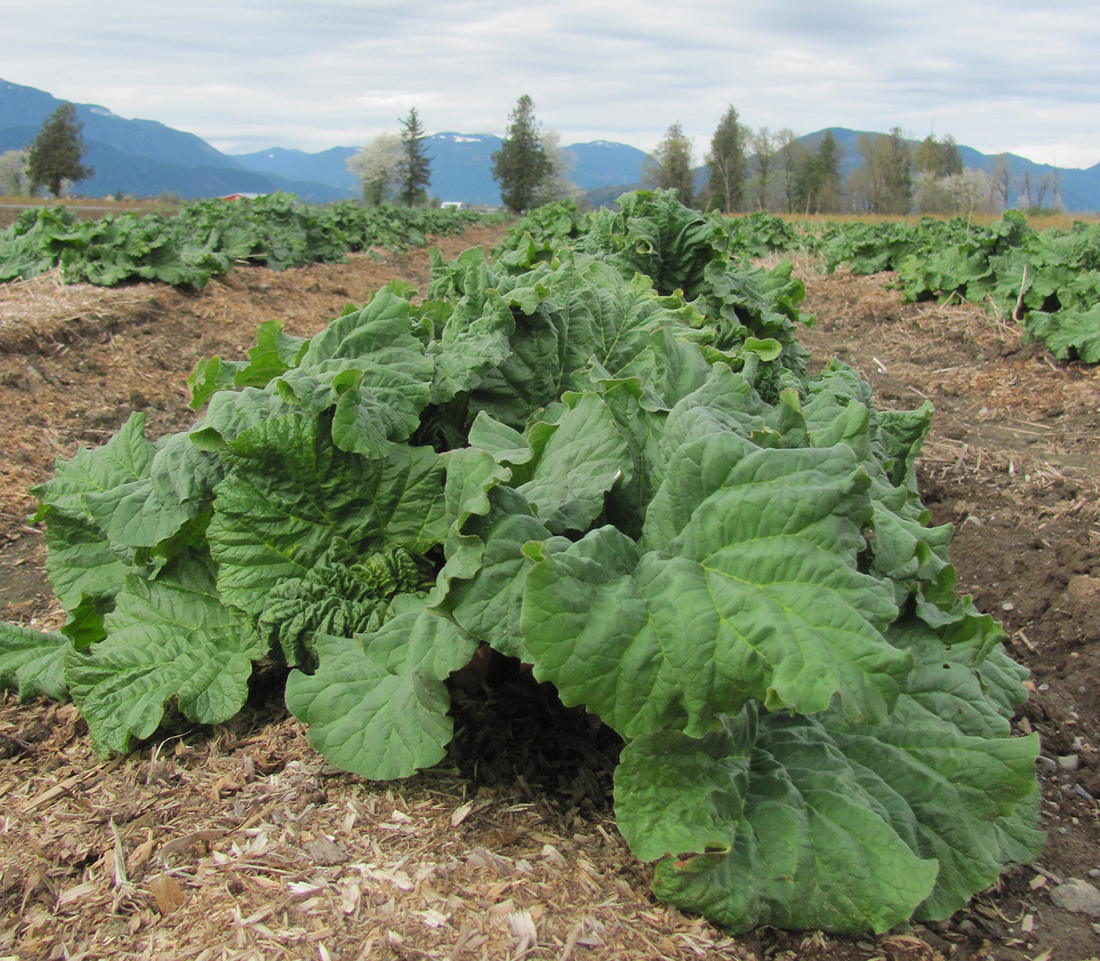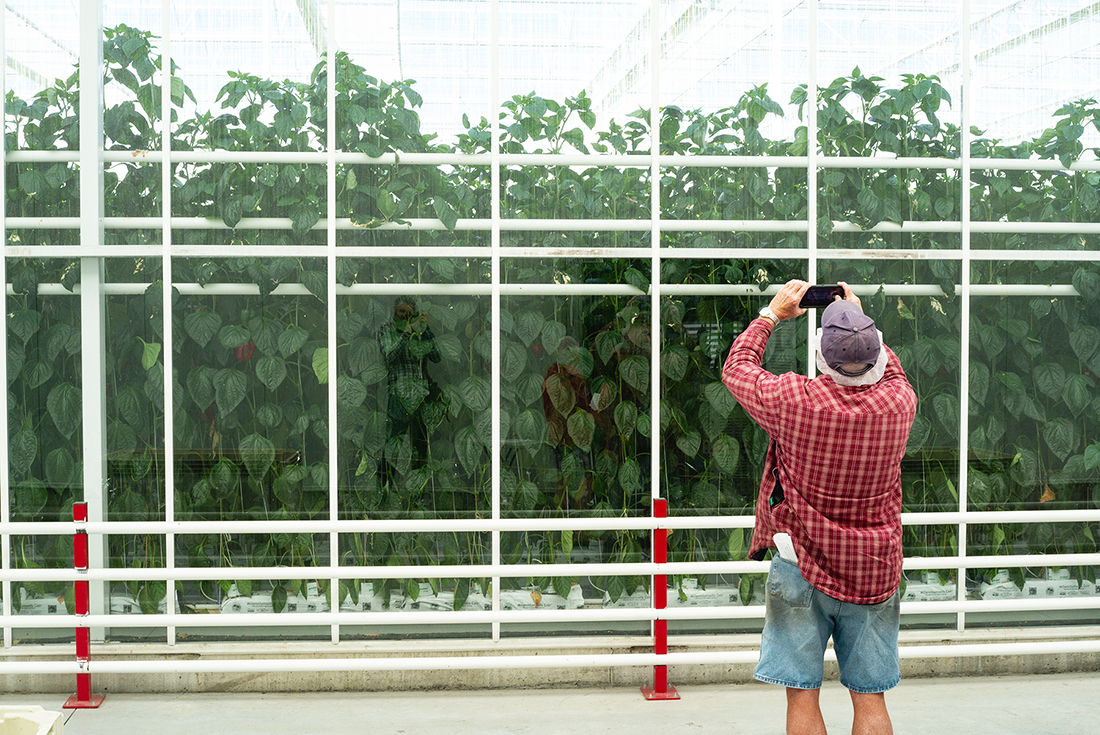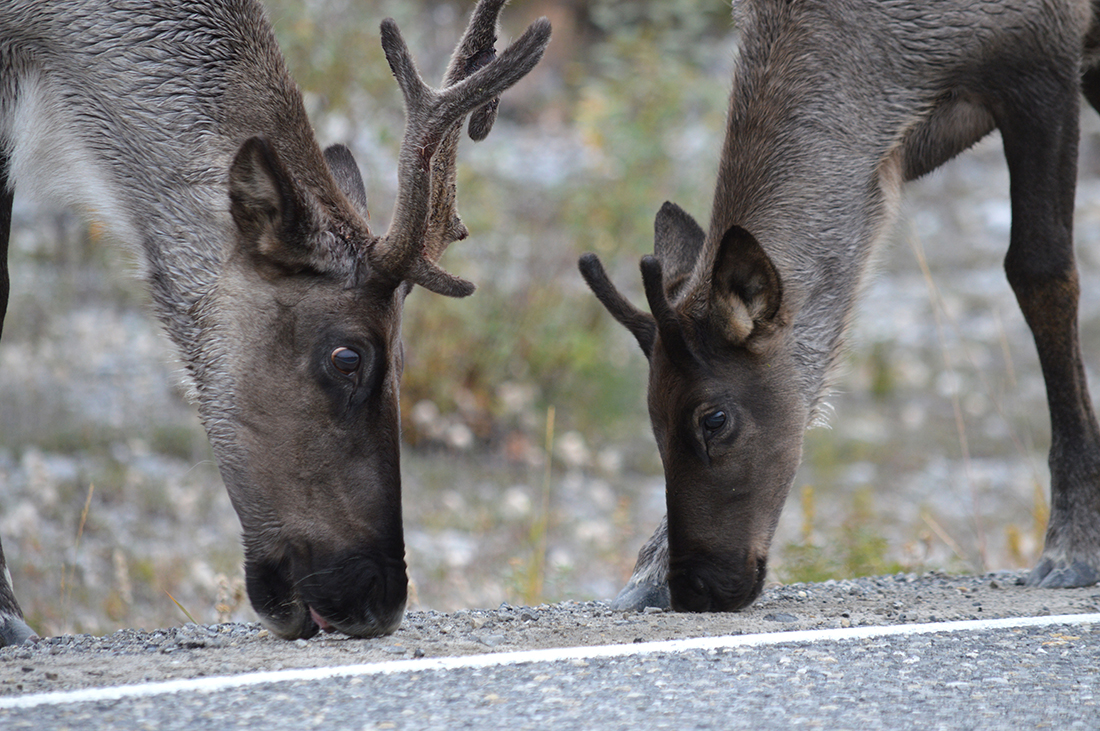CHILLIWACK – The first crop Shoker Farms harvests each spring is rhubarb, a staple of backyard gardeners across the country.
Commercial bakers buy the tangy stalks diced and frozen for pie, muffins and other products. But this winter, Quebec-based Nature’s Touch Frozen Foods Inc. in Abbotsford found itself with a million pounds of frozen rhubarb after buyers opted for cheaper rhubarb from Poland which produced a bumper crop.
“It’s the first time that we’re stuck with such an inventory,” says René Morissette, who oversees frozen food purchasing for Nature’s Touch, which primarily serves the retail market. “We purchased over a million pounds of rhubarb last season, and we have yet to sell this 2018 rhubarb crop.”
Growers like Shoker Farms received word in January that Nature’s Touch wouldn’t be buying any rhubarb this season. There was no contract, so growers had no recourse.
Shoker grows about 50 acres of rhubarb, sales of which provide an important source of cash early in the season. The money covers start-up costs before sales of strawberries, blueberries and vegetables begin. This helps to reduce dependence on bank financing, making the business more sustainable.
“It’s an early cash cow,” says Bill Shoker, who with his brother Bob operate the family farm.
The family began growing rhubarb 20 years ago, and increased production significantly 10 years ago as demand from processors increased. The farm harvested about 600,000 pounds last year, or about a third of the total BC harvest of 1.9 million pounds.
While it may be easy for homeowners to grow, rhubarb is a big investment for commercial growers. One crown costs $8, meaning each acre costs about $45,000 to plant. Growing conditions in Chilliwack are favourable, but the plant takes up to three years to reach full production.
The crop has filled a niche for the farm, and Shoker says not having an outlet this year underscores how important it is to his farm and others. With labour costs “through the roof,” and packing materials not to mention crop inputs becoming more expensive, the cash is important as margins continue to be squeezed and farmers face more and more paperwork just to get product to market.
Morrissette empathizes; in many ways, Nature’s Touch is in a similar position.
“A plant like us, we get it going with rhubarb,” he says. “It’s a cost-covering exercise to get the plant ready for the bigger season which, in our case, is blueberries.”
Rhubarb from Poland has flooded the market on previous occasions but demand has been good in recent years. But the latest wave has left Nature’s Touch scrambling for buyers.
“I would take any offer at this point,” says Morrissette, who notes that there’s not enough demand at retail to absorb all the frozen product.
“There are some years when there’s absolutely no Polish rhubarb making its way to North America, and these are years when domestic rhubarb takes its place and has more marketability,” he says. “We’ve been trying to increase [retail] demand, but the big taker is still the baking industry.”
Shoker is also trying to find outlets. The farm began supplying rhubarb to the fresh market two years ago, and is working with BC Fresh Vegetables Inc. to find a home for this year’s crop, which began being harvested last month. It could simply mow down the stalks, but that wouldn’t make up for lost cash flow.
Selling into the fresh market isn’t an easy task, however. While a market exists, it’s limited compared to demand for frozen product.
“This isn’t a mainstream item,” says BC Fresh CEO Murray Driediger. “There’s not enough fresh market to absorb all the rhubarb grown in the Fraser Valley.”
Processing capacity is a particular challenge for rhubarb growers, as for growers of many other crops. Just one vegetable processor remains in the Lower Mainland and while some berry growers have set up lines to process and freeze fruit, they can’t necessarily handle rhubarb. This leaves rhubarb growers at risk when markets change.
“The industry here was developed mainly for processing,” says Driediger. “The processing option doesn’t look promising for 2019. … It’s really put the industry in a bad state.”
Morrissette, for his part, hopes markets normalize enough for Nature’s Touch to be back in the rhubarb game next year.


 Greenhouse growers see rebound in acreage
Greenhouse growers see rebound in acreage